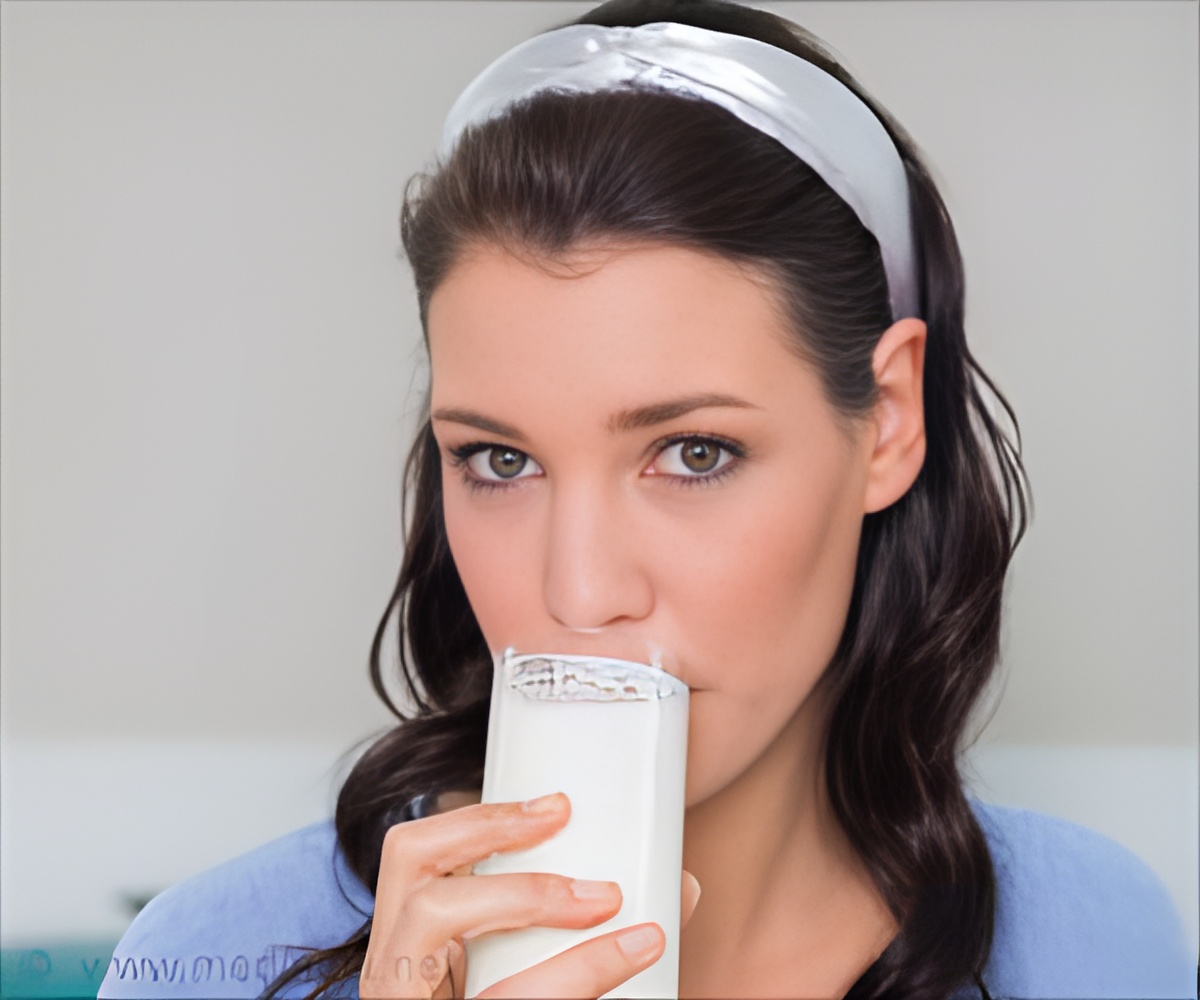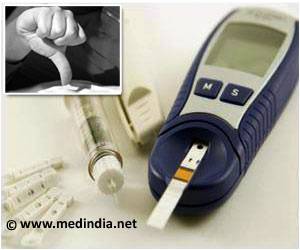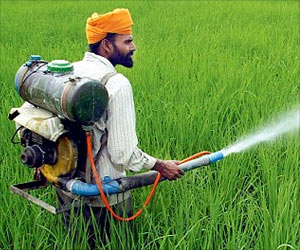A pesticide used to grow pineapple made its way into the milk supplied in Hawaii which has been linked to the development of Parkinson’s disease.

‘Milk drinkers in Hawaii had residues of an organochloride called heptachlor epoxide which damaged the nerve cells in the brain triggering the onset of Parkinson’s disease.’





In 1980’s there was an environmental scandal in Hawaii, where cows were fed with pineapple debris. Hawaiian farmers used a pesticide called organochloride in their pineapple fields to grow them. So, this pesticide made its way in the milk given by these cows.Researchers studied the brains of 449 Parkinson’s patients and recorded the density of neurons in regions associated with Parkinson’s. They found that men who reported drinking more than two glasses of milk a day showed the thinnest nerve networks in these compared to men who drank little or no milk.
The team also found that the milk drinkers had residues of an organochloride called heptachlor epoxide. This accumulation would have damaged the nerve cells in these region triggering the onset of Parkinson’s disease.
Still, the study has not given the exact association between this pesticide and Parkinson’s disease. The team also did not have the exact milk samples containing this pesticide. The authors still suggested to drink milk because of its nutritional benefits, though the effects of such food contamination must be noted and taken care.
Source-Medindia















